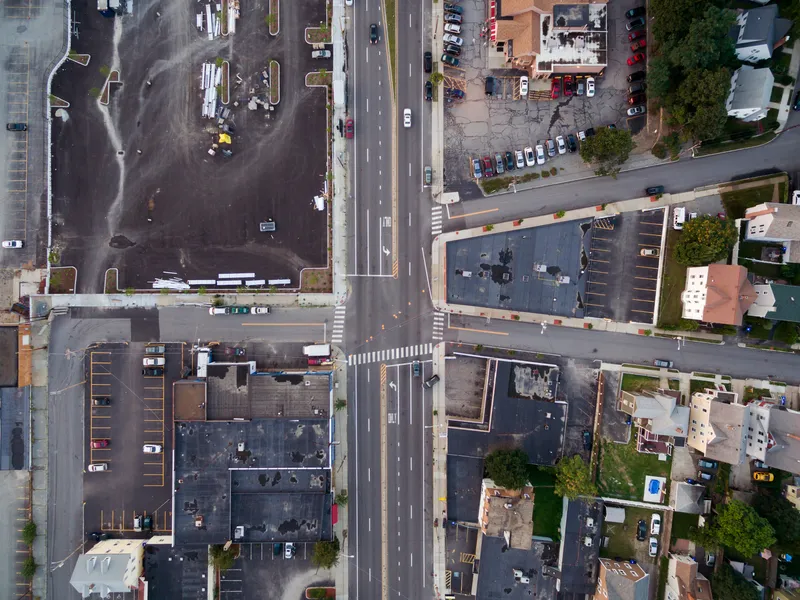Cubic Transportation Systems has broadened its portfolio of transportation solutions with the acquisition of NextBus from Webtech Wireless. The US-based integrator of payment and information technology and services for intelligent travel solutions says the acquisition also positions NextBus to accelerate its growth by leveraging Cubic's global presence and customer base. NextBus is a software-as-a-service (SaaS) solution that accurate, real-time arrival information for buses, subways and trains. The system
January 25, 2013
Read time: 3 mins
NextBus is a software-as-a-service (SaaS) solution that accurate, real-time arrival information for buses, subways and trains. The system also offers travellers many other options including a GPS-enabled mobile website for smartphones that instantly recognises the nearest stops in proximity order and provides real-time arrival information with multiple language capability in English, Spanish and French, and an easy-to-use website compatible with the American Disabilities Act (ADA) guidelines. The company also provides a robust set of real-time management and dispatch tools for transit managers.
"Transit agencies and their communities worldwide are racing to utilise information more effectively, optimising their resources and providing intelligent travel information to their riders," said Steve Shewmaker, president, Cubic Transportation Systems. "Since 1996, NextBus has been a pioneer and a market and technology leader at the forefront of this trend. As part of the Cubic family, NextBus will have the additional resources and capabilities to expand more rapidly while adding further depth to our own Nextcity vision, which emphasizes better utilization of information, wireless communications and mobile devices as key technologies for the future of public transit."
NextBus' customers include the major metro systems in Los Angeles, Toronto, San Francisco, Washington DC, and Boston, as well as many well-known small and mid-sized transit agencies, universities and colleges in the US.
"The NextBus team of highly skilled and experienced operational and technical experts will become part of Cubic Transportation Systems, adding to Cubic's current knowledge base and service offerings in real-time intelligent travel information systems and operations," said Matt Cole, senior vice president, strategy and business development, Cubic Transportation Systems. "We believe there are very exciting possibilities that will attach to the coming together of market-leading fare collection and real-time passenger information technology. This is a significant step towards Nextcity and we look forward to the benefits this acquisition will provide to our business, customers and the travelling public."
"I want to personally say to our many customers that as we take this exciting step in our growth, we will continue to maintain our strong focus on our customers, our support and their satisfaction with NextBus solutions and services. NextBus and Cubic will work together to ensure that our relationship with you, our customer, will not change," said Michael Smith, general manager of NextBus. "I also want to highlight the positive benefits for both our customers and employees that convinced us to make this move. Cubic's global presence will enable NextBus to expand geographically and provide our clients with the next generation in advanced traveler information technologies."










